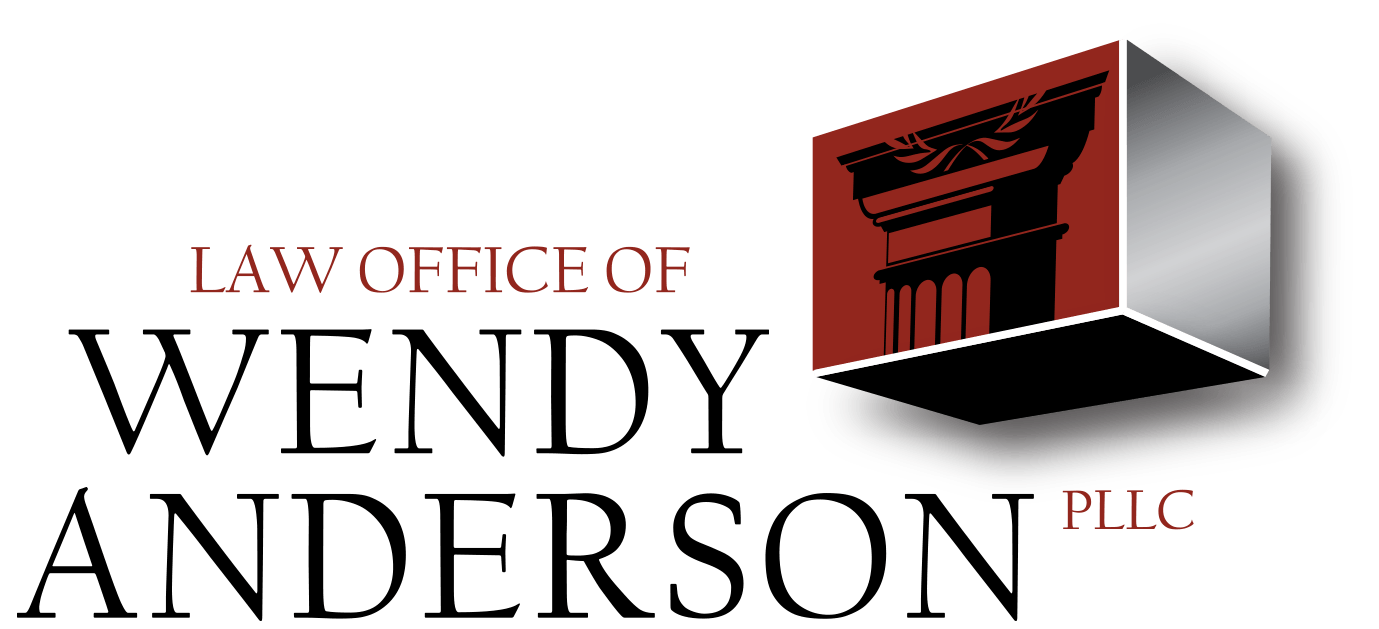Preparing for the Corporate Transparency Act, Part II: Keeping the Company Compliant
As you may know, the Corporate Transparency Act (CTA) is just around the corner – it becomes effective on January 1, 2024. Prior blogs on my website explain the details of this new federal law and what information - pertaining to all Reporting Companies, Beneficial Owners, and Company Applicants - is required to be reported to FinCEN in 2024.
But collecting and reporting the information is just part of what should be done by company owners and officers. Because business entities that are subject to this federal law will have ongoing obligations, it would be prudent to review and update your company’s governing documents and agreements to ensure that certain individuals who are classified as Beneficial Owners contractually agree to provide the required personal information and updates to the company (or directly to FinCEN) so that the company can fulfill its mandatory reporting obligations.
Some steps to consider:
Build CTA and Beneficial Owner Information Reporting compliance into governing documents.
Newly created entities often draft and adopt governing documents, like operating agreements, bylaws, shareholder or subscription agreements. You should consider adding a provision that imposes an express obligation on any person that could be classified as a Beneficial Owner - LLC members, corporate shareholders, officers, general managers and others with significant control or ownership – to provide and update the personal information that the company must submit in its Beneficial Owner Information (BOI) forms.
Additionally, consider adding representations and warranties regarding this obligation in your agreements and remedies for any breaches. And, the company may want to secure indemnification from its Beneficial Owners for any penalties assessed due to a Beneficial Owner’s failure to provide accurate or timely information or updates.
Update Employment Agreements for executive level employees.
A high-level executive will likely have substantial control over the entity’s decisions and, therefore, is considered a Beneficial Owner, even if they have no actual ownership stake in the company. Executive employment agreements should be amended to include required reporting and updating of BOI during the term of the employment.
Include BOI requirements in entity purchase/sale agreements.
If you are selling your ownership interest in your entity, whether it’s an LLC Membership Interest or a certain number of corporate shares, it is important to include a post-closing provision that requires the entity or the new owner to update the Reporting Company information and BOI – since it will no longer include you!
Create a plan for filing, updating or correcting Beneficial Owner Information.
Reporting Companies will have only 30 days to update or correct Reporting Company and BOI information - whether a name or address change, or issuance of a new form of identification that must be uploaded. Accordingly, companies should implement a process to monitor and track any changes in information among their Beneficial Owners so that an updated report can be timely filed, avoiding any penalties.
Each Reporting Company will have to decide who will actually file the reports with FinCEN – will it be a company employee or a third-party facilitator? If the company will be filing its own reports, there must be a secure storage process for each Beneficial Owner’s personal information so that it is safe from a data breach.
Appoint a Compliance Officer.
Companies that own numerous other entities or that have a number of Beneficial Owners should consider appointing a control person to standardize and simplify the process of providing BOI for the initial report and any subsequent updates. Perhaps this compliance officer can be the person doing the actual filing or can be the company’s liaison to an outside facilitator.
Consider requiring all Beneficial Owners to obtain a FinCEN Identifier.
If your company requires its Beneficial Owners to obtain a FinCEN Identifier, then the individual will be responsible for ensuring their information is always up to date, rather than the Reporting Company being responsible for that. This will also ease the burden of safely securing a Beneficial Owner’s personal information, as the company will not be handling that information.
Next steps.
Take some time to think about how your company will be affected by the Corporate Transparency Act. If you’d like some guidance in how to ensure that your company and its Beneficial Owners are compliant, don’t hesitate to contact me and schedule a call or meeting.
NOTE: THIS ARTICLE IS FOR GENERAL INFORMATIONAL PURPOSES. IT DOES NOT CONSTITUTE LEGAL ADVICE, NOR DOES IT CREATE AN ATTORNEY-CLIENT RELATIONSHIP. EACH SITUATION IS DIFFERENT. YOU SHOULD CONSULT WITH AN ATTORNEY TO DETERMINE YOUR LEGAL RIGHTS, REMEDIES, AND DUTIES.
By Wendy M. Anderson, Esq.
Law Office of Wendy Anderson, PLLC
ADDRESS
8283 N. Hayden Road, Suite 291
Scottsdale, AZ 85258
© 2024 Law Office of Wendy Anderson, PLLC. All Rights Reserved. Privacy Policy | Terms of Use | Sitemap





